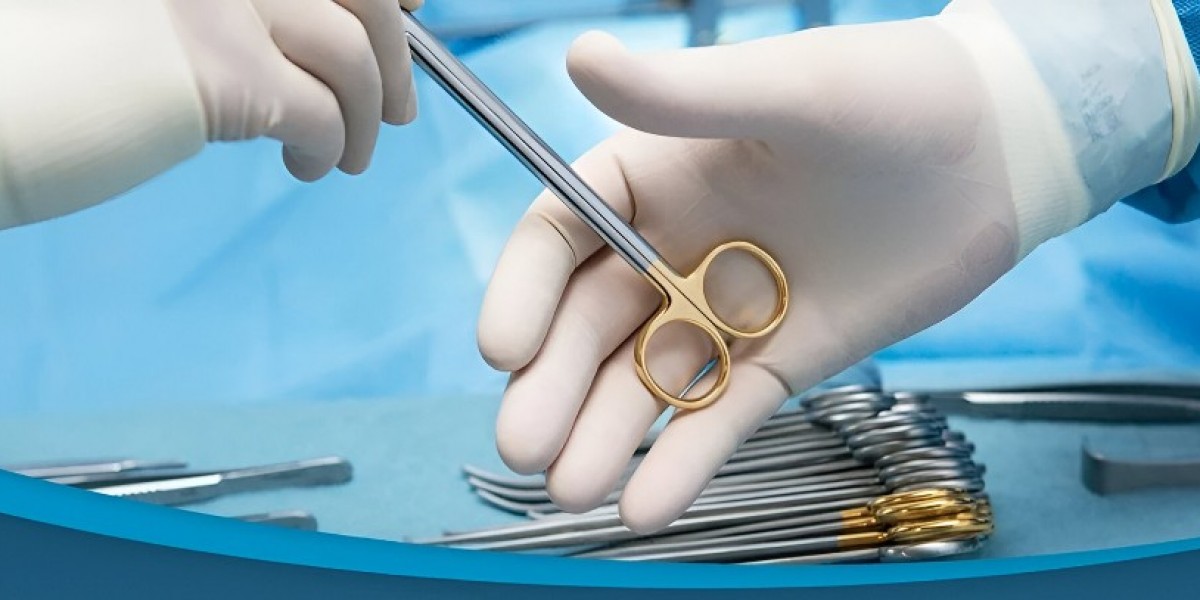Professional Dental Tools
Introduction: Why Dental Tools Matter
Imagine trying to paint a masterpiece without a proper brush — sounds impossible, right? Well, dentistry is no different. Professional dental tools are the lifeline of any successful dental practice. They’re not just fancy metal gadgets; they’re precision instruments that determine how effective, comfortable, and safe your treatments are — for both you and your patients.
Whether you're a seasoned dentist, a student gearing up for the clinic, or simply curious about what’s hiding in that shiny tray at your dentist's office, this guide walks you through it all — the must-haves, the high-tech innovations, and the dos and don’ts of professional dental tools.
Categories of Dental Instruments
Let’s break down the world of dental tools into neat categories. Each plays a unique role and adds precision to different parts of your dental practice.
Diagnostic Tools
Dental Mirrors
These are the unsung heroes of visibility. Dental mirrors allow dentists to peek into tight spaces and behind molars — a must-have for accurate diagnosis. Plus, they help in reflecting light into dark corners of the mouth.
Probes
From checking gum pockets to identifying cavities, dental probes are the Sherlock Holmes of diagnostic tools. They detect irregularities that can’t be spotted by eye alone.
Preventive Instruments
Scalers
Ever felt your dentist scraping something off your teeth? That’s the scaler in action. It removes plaque and tartar build-up, keeping gum disease at bay.
Curettes
Similar to scalers, but gentler. Curettes clean under the gumline and are essential for treating periodontal pockets.
Restorative Tools
Excavators
These scoop out decayed material from cavities. Think of them as tiny shovels clearing out rot before a filling goes in.
Surgical Tools
Forceps
Tooth extraction? You’ll need dental forceps. These come in various shapes and sizes for upper, lower, front, or back teeth.
Elevators
Before forceps can do their job, elevators help loosen the tooth from its socket — making the extraction less traumatic.
Orthodontic Instruments
Braces and aligners require their own toolbox. Pliers, wire cutters, and band pushers are just a few instruments that fall under this category.
Materials Used in Manufacturing Dental Tools
Professional dental instruments are typically crafted from high-grade stainless steel, ensuring durability, corrosion resistance, and ease of sterilization. Some high-tech tools use titanium or even non-metallic composite materials for specific advantages like lightweight or flexibility.
Key Features of Professional Dental Instruments
What sets professional-grade tools apart?
Ergonomic Design – for reduced hand fatigue.
High precision tips – for exact work in tight spaces.
Non-slip grip – because control is everything.
Autoclavable – safe for repeated sterilization.
Investing in tools with these features means better performance, longer lifespan, and ultimately better care for your patients.
Sterilization and Maintenance
Sterility is non-negotiable in dentistry. Autoclaves are the go-to for sterilizing tools using high-pressure steam. But here’s the kicker — not all tools can handle the heat.
Always follow manufacturer guidelines:
Clean manually or ultrasonically before sterilizing.
Dry tools thoroughly to prevent rust.
Use sterilization pouches to maintain sterility until use.
Proper care equals longer-lasting tools and safer patients.
Latest Innovations in Dental Tools
Tech is transforming dentistry at lightning speed. Here are some buzzworthy updates in professional dental tools:
LED-illuminated mirrors – See clearly without an overhead light.
Ultrasonic scalers – Less discomfort, faster cleaning.
Digital probes – Measure pocket depth electronically.
3D-printed surgical guides – Customized tools for implants and surgeries.
Staying updated doesn’t just make your practice modern — it makes it more efficient and patient-friendly.
How to Choose the Right Tools for Your Clinic
Don’t buy everything under the sun. Think about:
Your specialty – Endodontists need different tools than orthodontists.
Volume of patients – High traffic requires more durable tools.
Budget – There are great mid-range options too.
Tip: Start with essential instruments and build your inventory over time based on what procedures you perform most.
Buying Guide: Trusted Brands and Where to Shop
Stick with well-known names like:
Hu-Friedy
Dentsply Sirona
NSK
Brasseler USA
A-dec
Buy from authorized dealers or reputable online marketplaces. Don’t cut corners with knockoffs — your license (and patient safety) is too valuable.
Budget vs. Premium Dental Tools
Is it worth shelling out more? In most cases, yes.
Premium tools offer better ergonomics, smoother operation, and longer life.
Budget tools may save you upfront but cost more in frequent replacements.
If you're just starting out, a mix of both can work — prioritize critical instruments like probes, mirrors, and scalers.
Why Quality Tools Improve Patient Outcomes
Happy patients = successful practice. Quality tools reduce procedure time, improve precision, and offer more comfort. The smoother your workflow, the better the patient experience — which translates to positive reviews and repeat visits.
Final Thoughts
Whether you’re scaling plaque, restoring cavities, or prepping for surgery — professional dental tools are your best allies. Investing in high-quality instruments isn’t just about looking the part; it’s about delivering top-tier dental care every single day.
From diagnosis to surgery, the right tools elevate your practice, reduce risks, and keep both you and your patients smiling.
FAQs
Q1: What are the must-have tools for a general dental clinic?
A basic setup includes dental mirrors, explorers/probes, scalers, forceps, elevators, and excavators.
Q2: How often should dental tools be replaced?
Depends on usage and quality. High-grade tools can last years with proper care. Replace immediately if rusted, bent, or dull.
Q3: Are disposable dental tools reliable?
For single-use purposes like suction tips or syringe tips, yes. For complex instruments, reusable tools offer better precision.
Q4: Can I sterilize all dental tools in an autoclave?
Not all. Some materials (especially with plastic or electronic parts) require special sterilization methods. Always check the label.
Q5: What’s the difference between a scaler and a curette?
Scalers are used above the gumline; curettes work below. Curettes are also gentler and better for treating periodontal pockets.








